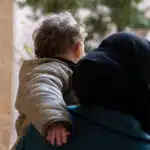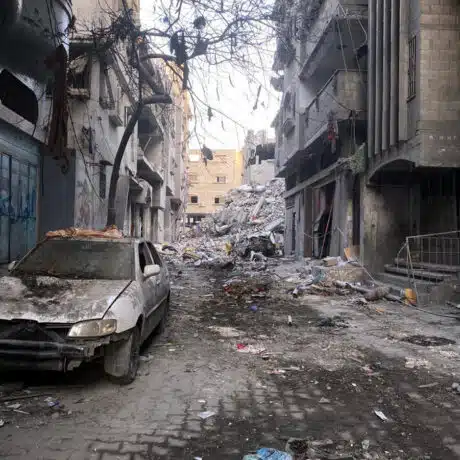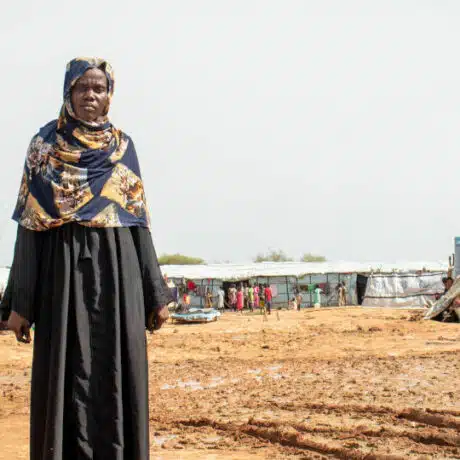News and Stories - Emergencies - 16 January 2023
Cash transfers help displaced families in Mali survive the hunger crisis
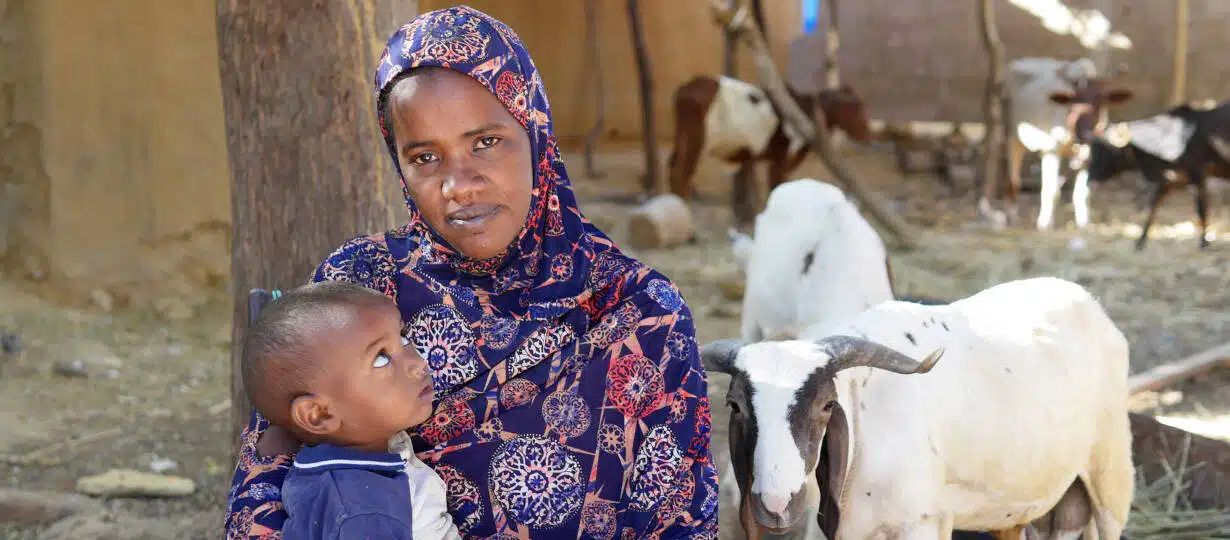
Forced to leave their home in Mali, Aissata and her five children faced many challenges, amplified by the region’s hunger crisis. Now, thanks to support from Plan International, they have hope.
Since 2012, Mali has been experiencing a political and security crisis, worsened in recent years by an increase in inter-community conflicts. This has led many families to seek out safer areas, and more than 440,000 are currently internally displaced – 63% are children.
Displaced people already face a lack of basic social services, and this has now been compounded by the hunger crisis in Mali and central Sahel. Families are finding it harder every day to feed their children.
Plan International is working to support these vulnerable displaced communities, and the host communities who have welcomed them in.
“I fled my home village…..I can’t even consider going back at the moment. I have three main concerns: my children’s schooling, food and training. I left my village without having any trade. Housing also remains a big concern,” said Aissata.
Aissata and her family have struggled since they were forced to leave their home, finding it hard to adapt and locate enough food to eat.
Before the food crisis, I was able to eat well, but since I arrived here, this is no longer the case.“Everything has changed. Our children are aware of the gravity of our situation and they are suffering because of it. All I can tell them is that they must continue to go to school at all costs – it’s the only way for us to hope for a better life” says Aissata.
How Plan are helping to feed families
Through Plan International, and our local partner, the Mali Social Development Department, Aissata and her family have received two cash transfers as well as non-food items.
“I bought a sheep for 34,000 XoF (around AUD 82) with the first money, and used the rest for daily expenses. I invested the second amount in a sheep, and used the rest to buy food. I am thinking about starting a business……. so I will be able to buy millet, provide for our food needs, pay for the children’s schooling and finally have peace of mind.”
Conflict has had a massive impact on education in Mali. More than 1,700 schools have closed, affecting over half a million children.
“I didn’t have the chance to go to school. I hope I am the last woman in my family who didn’t go to school”, explains Assanta
Hawa, 11, one of Aissata’s daughters, tells us that she loves her school. “I love my teachers. I would like to become a teacher to teach young girls like me. I have a lot of love for my parents, they take care of me very well. When I get back from school, I help my mother with the cooking.”
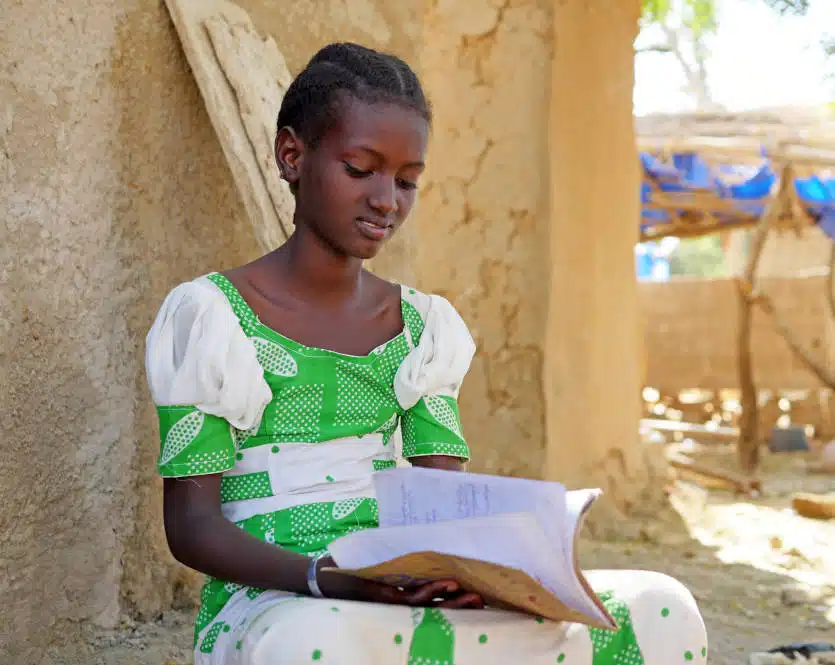
Aissata remains hopeful and is focused on trying to rebuild her life.
“Despite the difficult conditions, poverty, fatigue and food crisis, children at least have access to education. What we lack is work and training, especially for women. If we could learn a business, things would be very different. My greatest wish is that peace will return and that we can return home.”
Thanks to your generous support, from October to December 2022, 1,150 families including Aissata’s, were supported with cash transfers and non-food items.
You can help us respond to future emergencies by making a general donation.


